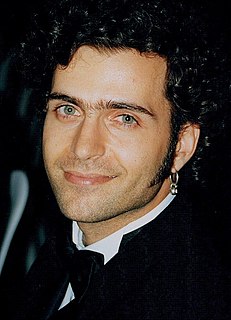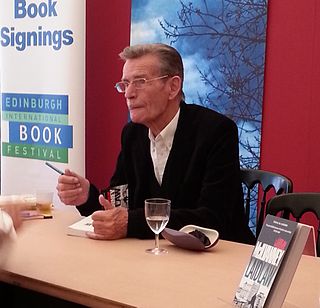A Quote by Bob Horner
The lesson here, and my advice for other developers, is to find a way that you can quantify for people what your product is worth. We were leery to do it ourselves, but being near Vetro when they did, the auction was a good technique for that. No one wants to be first, and the auction proved to people that others were buying and gave them that boost of confidence they needed.
Related Quotes
We're more familiar with what economists call an English auction - prices start low and rise as people bid. However, there is also the Dutch auction, where prices start high and go lower until somebody bites. Movies are sold to the audience via a very slow Dutch auction, where each phase between price drops can last weeks or months.
But even if we were to disappear, people would still be divided into people and Others. No matter how those Others were different.People can't get by without Others. Put two people on an uninhabited island, and you'll have a human being and an Other. And the difference is that an Other is always tormented by his differentness. It's easier for people. They know they're people, and that's what they ought to be. And they all have no choice but to be that way. All of them, forever.
Loving people, and allowing yourself to be loved, was only worth the risk if the odds were in your favor, but they quite clearly weren't. There were about seventy-nine squillion people in the world, and if you were very lucky, you would end up being loved by fifteen or twenty of them. So how smart did you have to be to work out that it just wasn't worth the risk?
At the end of the day, when you go on to Google everything is about the way you were sacked when you were in charge of Australia. It doesn't mention the good things I did with South Africa or the good things I did in my first year with Australia when I brought in a lot of young players and gave them opportunities and tried to build a team.
We are constantly being surprised that people did things well before we were born. We are constantly remarking on the fact that things are done well by people other than ourselves. "The Japanese are a remarkable little people," we say, as if we were doing them a favor. "He is an Arab, but you ought to hear him play the zither." Why "but"?




































